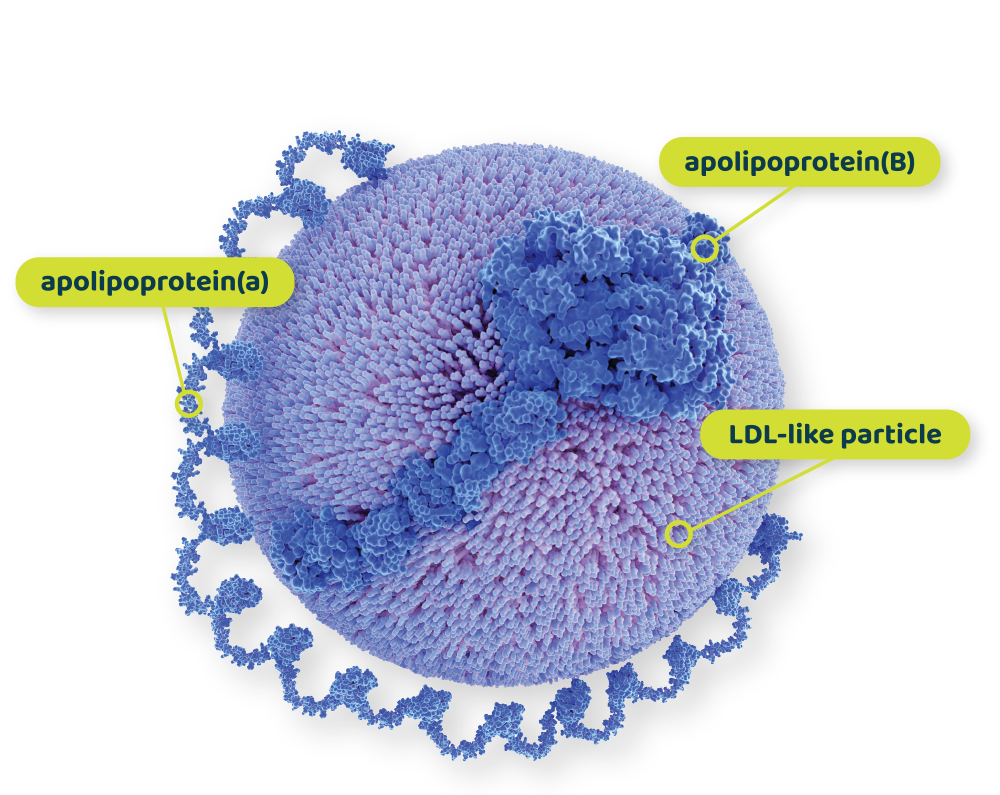What do I do if I have elevated or high Lp(a)?
If your Lp(a) is in between 75 nmol/L and 124 nmol/L, it’s elevated; 125 nmol/L or higher it’s high. About 20% of the global population has high Lp(a).3 While there are no specific treatments for Lp(a), you can manage your cardiovascular health by:
- Seeing your doctor regularly
- Sharing your personal and family history
- Testing for other risk factors like LDL and diabetes
- Working with your doctor on a treatment plan
- Maintaining a healthy lifestyle with exercise and a heart-healthy diet
If you have elevated or high Lp(a), inform your immediate family and encourage them to get tested.
Where can I learn more?
For more information on Lp(a), visit Silence Therapeutics Lp(a) Page.



